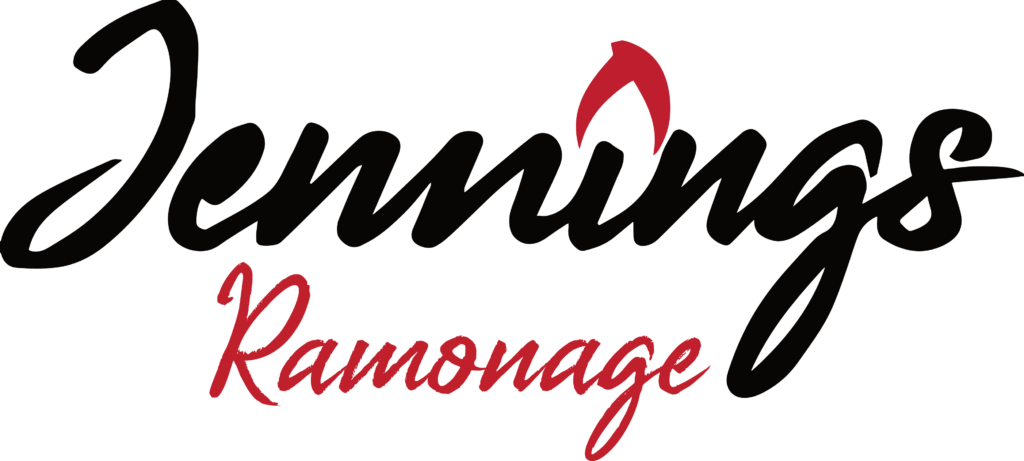Frequently Asked Questions
FAQs
The function of a Chimney is to allow free passage of dangerous combustion gasses.
Regular cleaning helps prevent chimney fires and blockages by removing soot and any other debris such as creosote, cobwebs, nest material etc. Sweeping can also improve the efficiency of some appliances, saving you money on fuel.
Most insurance providers now also insist on a Certificate of Chimney Sweeping.
The Type of fuel and appliance used, the frequency and duration of use, the moisture content of wood fuel and the type of chimney are all factors that affect how often your chimney will need sweeping. We will be able to advise what is best for you upon your visit.
The sweeping frequencies below are for guidance:
- Wood: Quarterly when in use
- Smokeless fuel: At least once a year
- Bituminous coal: Quarterly when in use.
- Oil: Annually
- Gas: Annually
Guild sweeps undertake extensive training and assessment in order to become accredited members. All members are required to be fully insured for Chimney sweeping and equipped to deal with all standard job situations.
All Guild sweeps are required to attend regular refresher training with many members opting to undertake additional professional training to become experts in their field.
Being a member of the guild also allows your sweep access to a wealth or resources and knowledge – In the unlikely event that your Guild sweep is unable to help you directly, they should be able to recommend a solution for you.
We ask that any ornaments or other objects around the fireplace, either on the hearth or mantel be removed and the fire grate be clean of any ash from the previous burn. All stoves should not be lit on the day of the sweeps visit and kitchen ranges should not be lit 24hrs prior to your appointment time. Other than this, we require a clear passage from the door to the fire and adequate space to work in with pets kept secure during the visit.
https://jenningschimneysweeping.com/how-to-prepare-for-your-chimney-sweep/
No!
We provide clean ground sheets for the area we work in and soot cloths to seal the fire opening. An industrial Hepa-filter vacuum is used to contain any soot/dust along with general best practices to prevent any vestige of dirt escaping.
Some jobs may take longer to complete so expect to pay more if additional time/work is necessary. If you are comparing prices of different sweeps be sure you are comparing like for like: for example, do they use a camera as part of their sweep or rely only on a torch and mirror? Guild sweeps can offer expert advice on fuels and how to get the most out of your stove – This could in turn save you more than the cost of a sweep over the course of the burning season!
To see our flat fees, check out our prices here.
The best thing to do is to get in touch with us. We offer free advice over the phone, are highly trained and are conversant with the complexities of solid fuel heating and building regulations. If we can’t help you directly, we will be able to offer a solution or direct you to someone who can.
Ideally the chimney(s) should have been surveyed and swept prior to the sale of the house. If this is not the case, do not be tempted to ‘try the fire out’ – a chimney fire isn’t the housewarming present anyone wants.
We offer a New Homowner Inspection Service which allows us to view the installation and make sure everything is to correct standards, is in good condition and ready for use.
Get in touch with us and let us give you the green light before the fire is lit.
No – As the installer, you will remain responsible for your installation.
However, We can sweep your installation and provide certification appropriate for your house insurance.
We do not undertake any installation work, we only sweep and maintain Chimney Systems.
We are happy to recommend other professionals who can assit you with your project. Please get in touch with us for more information.
We are not service technicians and as such, we cannot carry out the servicing of your appliance. We can however sweep the liner for you and provide certification for your house insurance.
If you require a service technician, please get in touch with us and we will happily recommend professionals to you that can assit you.
We are not service technicians and as such, we cannot carry out the servicing of your appliance. We can however sweep the liner for you and provide certification for your house insurance.
If you require a service technician, please get in touch with us and we will happily recommend professionals to you that can assit you.
Yes, we can.
We’re very used to coordinating with key holders or following instructions to find spare keys.
Please note, a key retrieval of 10€ will be charged in line with our pricing terms and conditions.
At the end of the burning season.
Soot is acidic and the debris in your chimney contains sulfur. When your chimney collects condensation during the summer months, an acidic slurry is made thanks to the reacting between the sulfur and the water.
This slurry is corrosive to your liner and slowly begins to corrode the stainless steel liner or the mortar in your brick Chimney.
To prevent this, we recommend having your chimney swept at the end of the burning season, once you are finished using your chimney.
